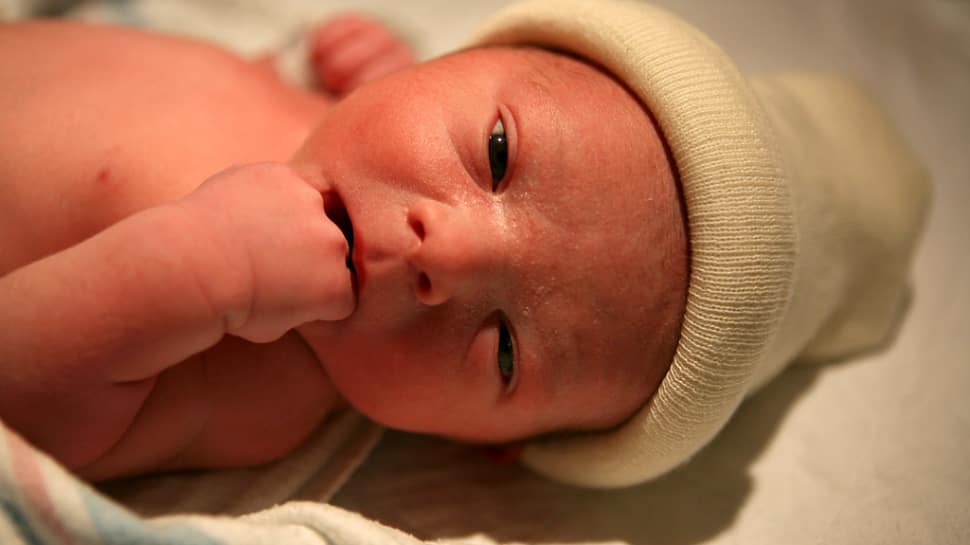
World Birth Defects Day: WHO seeks to raise awareness, intensifies measures for prevention of birth defects
Zee News
On World Birth Defects Day, WHO reaffirms its commitment to ensuring every woman and child can survive and thrive, and transform our Region and world.
New Delhi: The World Health Organization has defined birth defects as structural or functional anomalies (for example, metabolic disorders) that occur during intrauterine life. They can be identified during pregnancy, at birth and at times, detected only later. Birth defects may be caused by one or more genetic, infectious, nutritional or environmental factors and are one of the most important causes of newborn and childhood deaths, chronic illness and disability.
An estimated 303,000 newborns die every year, worldwide, due to birth defects. In addition to mortality, birth defects cause long-term disability, which has significant impacts on individuals, families, healthcare systems, and societies.
On World Birth Defects Day, WHO and its Member States in the South-East Asia Region and globally raised their collective voice to increase awareness for all birth defects and improve access to quality care and treatment. To mark the awareness of this day, the WHO Regional Director for South-East Asia, Dr Poonam Khetrapal Singh, gave a long and informative statement that highlighted many important issues.
In her statement, she said that in 2019 birth defects accounted for more than 530,000 deaths globally, including more than 117,000 deaths in the Region - around 22 per cent of the global total. They were the third most common cause of child mortality in the Region, and the fourth most common cause of neonatal mortality, constituting 12 percent of all neonatal deaths. In addition to mortality, birth defects can cause long term morbidity and disability, which in low- and middle-income countries causes a strain on the health system and, social and family resources.
"In all countries of the Region, WHO will continue to intensify efforts to increase birth defect prevention, surveillance, care and research, accelerating the World Birth Defects Day (WBDD) movement," she added.She further went on to say, "Amid the COVID-19 response, WHO continues to support all countries of the Region to protect, defend and advance progress in all areas of health, including accelerating reductions of maternal, neonatal and under-five mortality - since 2014, a Flagship Priority.
